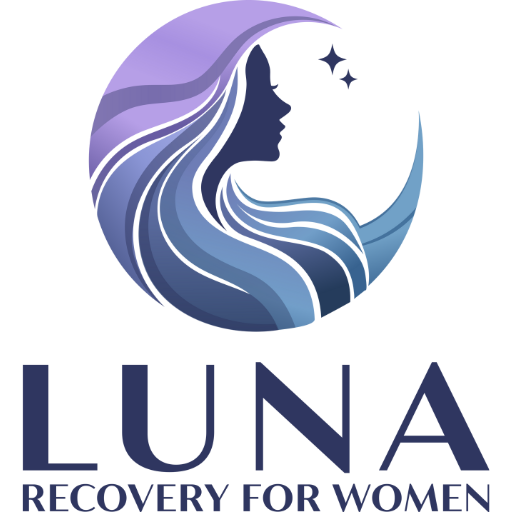The relationship between mental health and substance use is a complex and deeply intertwined one, particularly for women. Women often face unique challenges and stressors that can contribute to mental health struggles, which, in turn, may lead to substance use as a coping mechanism. Understanding this connection is crucial for effective treatment and recovery.
How Mental Health Influences Substance Use
For many women, mental health conditions such as anxiety, depression, and post-traumatic stress disorder (PTSD) can contribute to the onset or escalation of substance use. Emotional pain, stress, or feelings of isolation may lead some to turn to substances like alcohol or drugs as a way to self-medicate.
Unfortunately, this short-term relief often exacerbates underlying mental health issues, creating a cycle that can feel impossible to break. For example, alcohol may initially help ease anxiety, but over time, it can increase symptoms of depression and disrupt emotional regulation.
How Substance Use Impacts Mental Health
Substance use doesn’t just stem from mental health challenges—it can also create or worsen them. For women, the physiological and hormonal responses to substances can amplify emotional distress. Prolonged substance use may lead to conditions like substance-induced anxiety or depression, making it even harder to quit.
In addition, women who use substances are more likely to experience trauma or face stigma, which can deepen feelings of shame or self-blame, further impacting mental health.
Why Women Are Uniquely Affected
The connection between mental health and substance use is particularly significant for women due to societal, biological, and relational factors.
- Hormonal Changes: Fluctuations related to menstrual cycles, pregnancy, postpartum, and menopause can intensify mental health symptoms and increase vulnerability to substance use.
- Trauma: Women are more likely to experience trauma, including sexual or domestic violence, which significantly increases the risk of both mental health conditions and substance use disorders.
- Caregiving Roles: The pressure of caregiving—whether for children, aging parents, or others—can lead to stress and burnout, triggering both mental health struggles and substance use as a coping mechanism.
Breaking the Cycle: A Path to Recovery
Breaking the cycle of mental health struggles and substance use requires addressing both issues simultaneously through integrated treatment.
- Therapy and Counseling: Evidence-based therapies, such as Cognitive Behavioral Therapy (CBT) and trauma-focused therapy, can help women understand the connection between their mental health and substance use while building healthier coping mechanisms.
- Medication-Assisted Treatment (MAT): For some, MAT can be a vital component of recovery, helping to manage withdrawal symptoms and stabilize mental health conditions.
- Peer Support: Joining a support group tailored to women provides a safe space to share experiences, gain encouragement, and feel less alone in the journey to recovery.
At Luna Recovery for Women, we offer a compassionate, women-centered approach that addresses both mental health and substance use. Through individualized care plans, therapy, and community support, we empower women to heal and rebuild their lives.
Resources for Women Seeking Help
If you or someone you know is struggling with mental health and substance use, there is help available:
- Substance Abuse and Mental Health Services Administration (SAMHSA): www.samhsa.gov
- National Alliance on Mental Illness (NAMI): www.nami.org
- Luna Recovery for Women: Contact us to learn more about our specialized programs designed to help women heal from the inside out.
The connection between mental health and substance use in women is undeniable, but recovery is possible with the right support. By addressing both mental health and substance use together, women can find lasting healing and rediscover their strength. You don’t have to face this journey alone—help is just a call away.


